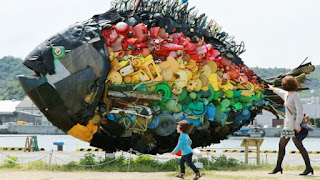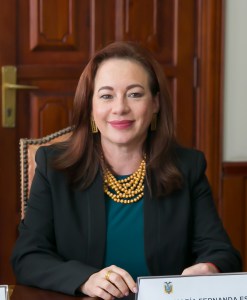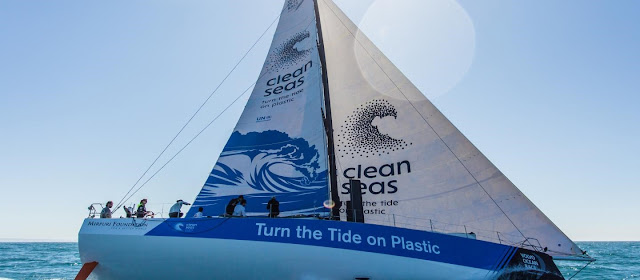Guest Blog from UNEA Progress on Plastics Update Issue 4 (29 May 2018)

PLASTICS AT UNEA Newsletter The following tet is part of the Plastics Update Issue 4 from the negotiations in Nairobi. The United Nations Environment Assembly (UNEA) and several global environmental agreements have taken an interest in plastic pollution, recognising it as a serious and rapidly growing issue of global concern which requires an urgent and global response. Following the UNEA3 meeting in December 2017, UN Environment formed an Ad Hoc Open Ended Expert Group (AHOEEG) to present options to combat marine plastic litter and microplastics for global consideration of member states, experts, and civil society. Several representatives of the #BreakFreeFromPlastic movement are in attendance for the first of two AHOEEG meetings in support of a joint call for an international legally binding agreement on plastics and plastic pollution . Referred to as “Option 3” in the content analyzed in this meeting, this position, endorsed by 6 of the 9 Major Groups and co-signed by many ...



